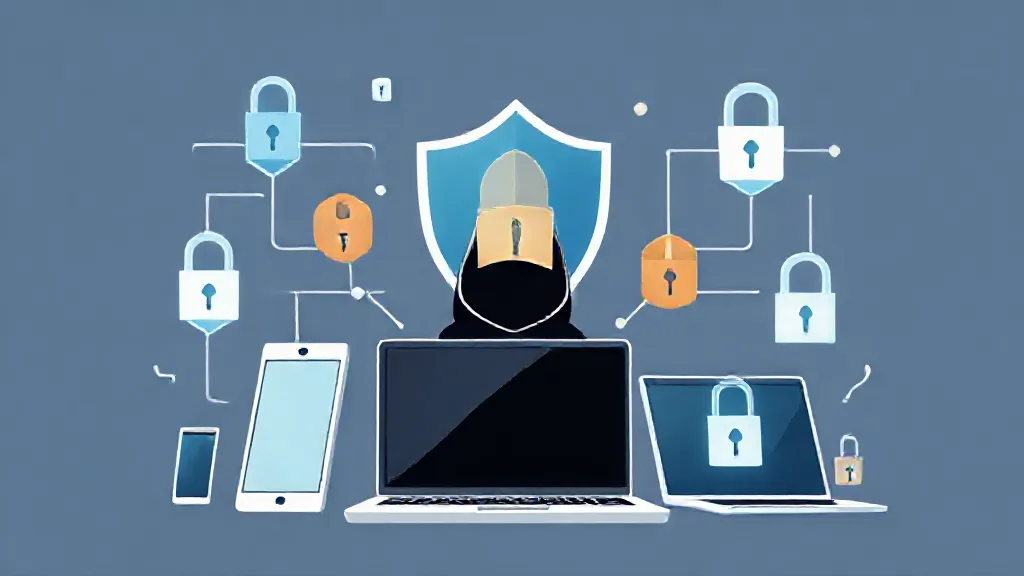In today's digital age, the proliferation of technology has made our lives easier, but it has also increased our vulnerability to cyber threats. Hackers are constantly evolving their tactics, making it imperative for individuals and organizations to adopt robust security measures to protect their devices. This article explores comprehensive strategies to safeguard your devices from hackers, ensuring your personal information and sensitive data remain secure.
Understanding the Threat Landscape
The first step in protecting your devices is understanding the various types of cyber threats that exist. Common threats include malware, phishing attacks, ransomware, and unauthorized access. Malware is malicious software designed to disrupt, damage, or gain unauthorized access to computer systems.
Phishing involves deceptive emails or messages that trick users into providing personal information. Ransomware locks users out of their devices until a ransom is paid, while unauthorized access refers to hackers gaining entry to systems without permission. By recognizing these threats, you can better prepare your defenses.
Implementing Strong Password Practices
One of the simplest yet most effective ways to protect your devices is by using strong passwords. A strong password should be at least 12 characters long and include a mix of upper and lowercase letters, numbers, and special symbols. Avoid using easily guessable information, such as birthdays or common words.
Additionally, consider using a password manager to generate and store complex passwords securely. Two-factor authentication (2FA) is another critical layer of security that adds an extra step to the login process, making it significantly harder for hackers to gain access.
Keeping Software Up-to-Date
Regularly updating your software is crucial in defending against cyber threats.
Software updates often include security patches that fix vulnerabilities that hackers could exploit. This applies not only to your operating system but also to applications, antivirus software, and firmware for devices like routers. Enabling automatic updates can help ensure you are always protected with the latest security features without having to remember to check manually.
Utilizing Antivirus and Anti-Malware Tools
Investing in reputable antivirus and anti-malware software is essential for protecting your devices. These tools can detect and eliminate malicious software before it can cause harm. Many antivirus programs offer real-time protection, scanning files and websites as you interact with them.
Regularly running full system scans and keeping the software updated enhances your defense against emerging threats.
Securing Your Network
Your home or office network can be a gateway for hackers if not properly secured. Start by changing the default username and password of your router to something unique and strong.
Enable WPA3 encryption for your Wi-Fi network, which provides better security than older protocols. Additionally, consider setting up a guest network for visitors to prevent unauthorized access to your main network. Regularly monitoring connected devices can help identify any unauthorized access.
Being Wary of Public Wi-Fi
Public Wi-Fi networks can be convenient but are often unsecured, making them a prime target for hackers. Avoid accessing sensitive information, such as online banking or personal accounts, while connected to public Wi-Fi. If you must use public networks, consider using a Virtual Private Network (VPN) to encrypt your internet connection, which adds an additional layer of security against eavesdropping.
Educating Yourself and Others
Cybersecurity awareness is vital in protecting your devices. Educate yourself about the latest scams and hacking techniques to recognize potential threats. Share this knowledge with family, friends, and colleagues to create a culture of security.
Regularly participating in cybersecurity training or workshops can also enhance your understanding and preparedness against cyber threats.
Regular Backups and Recovery Plans
Despite taking all necessary precautions, breaches can still occur. Regularly backing up your data ensures that you can recover important files in the event of a cyberattack.
Use both cloud-based solutions and physical external hard drives for backups. Additionally, having a recovery plan in place can help you respond quickly to a cyber incident, minimizing damage and restoring normal operations as soon as possible.
By implementing these strategies, you can significantly reduce the risk of falling victim to cyber threats.
Protecting your devices requires vigilance and proactive measures, but the peace of mind that comes with knowing your information is secure is invaluable.
